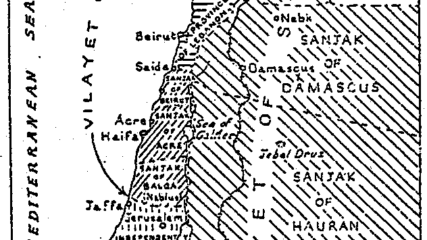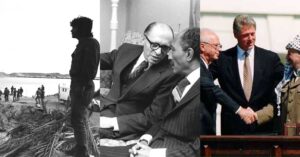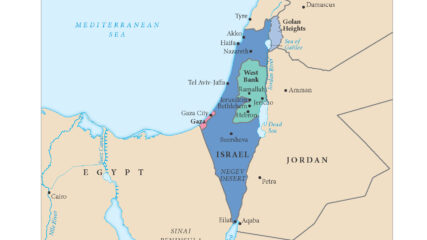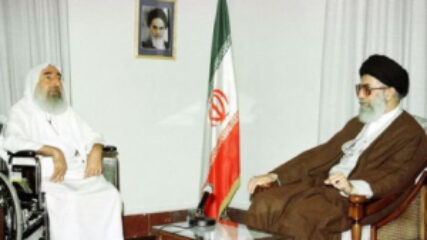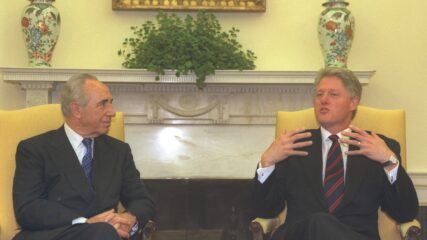The June 1967 Middle East War transformed Israeli, Jewish, and Middle Eastern History. In the span of six weeks, in May and June 1967, Israel, its neighbors and the international community were engulfed with varying emotions including admonition, arrogance, audacity, astonishment, bravado, boasting, daring, euphoria, fears of annihilation, hesitation, humiliation, indecision, miscalculation, pride, procrastination, relief, resignation, self-doubt, self-importance, and tension.
Capturing these moments as well as the prelude and aftermath of the War dominate the contents of The June 1967 War: How It Changed Jewish, Israeli and Middle Eastern History in both the Leader’s Guide and Participant Booklet.
- Suitable for those with varying knowledge levels. Valuable for those traveling to Israel, for easy use in summer camps, and in adult education, college, and high school settings.
- The Leader’s Guide − 111 pages; Participant Booklet− 117 pages
- Adaptable for use in three 75-minute sessions, five 45-minute sessions, or more

